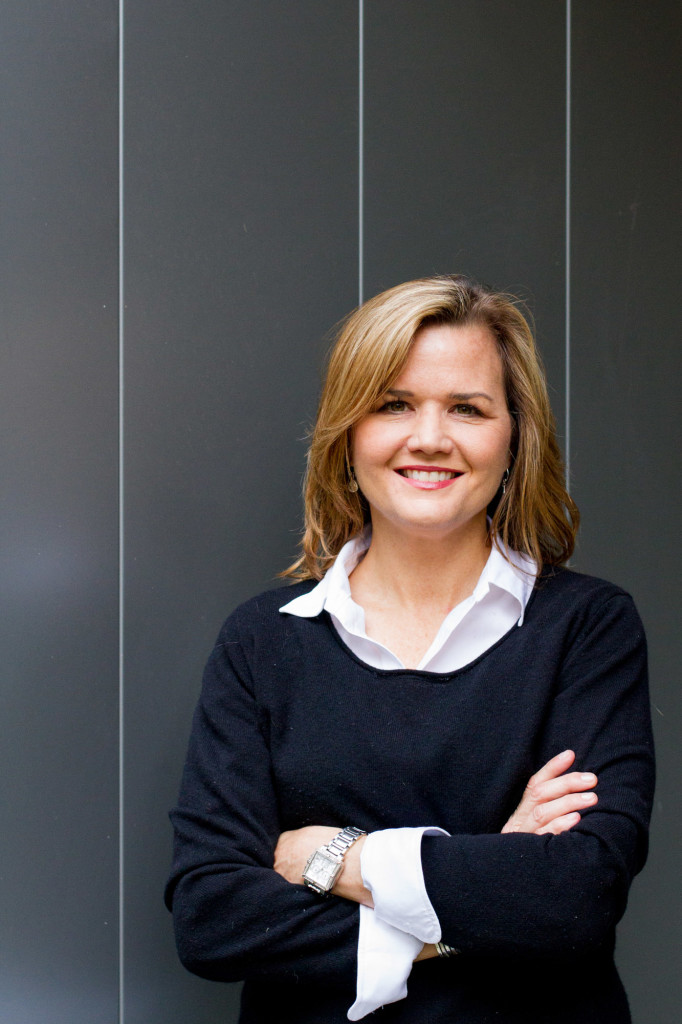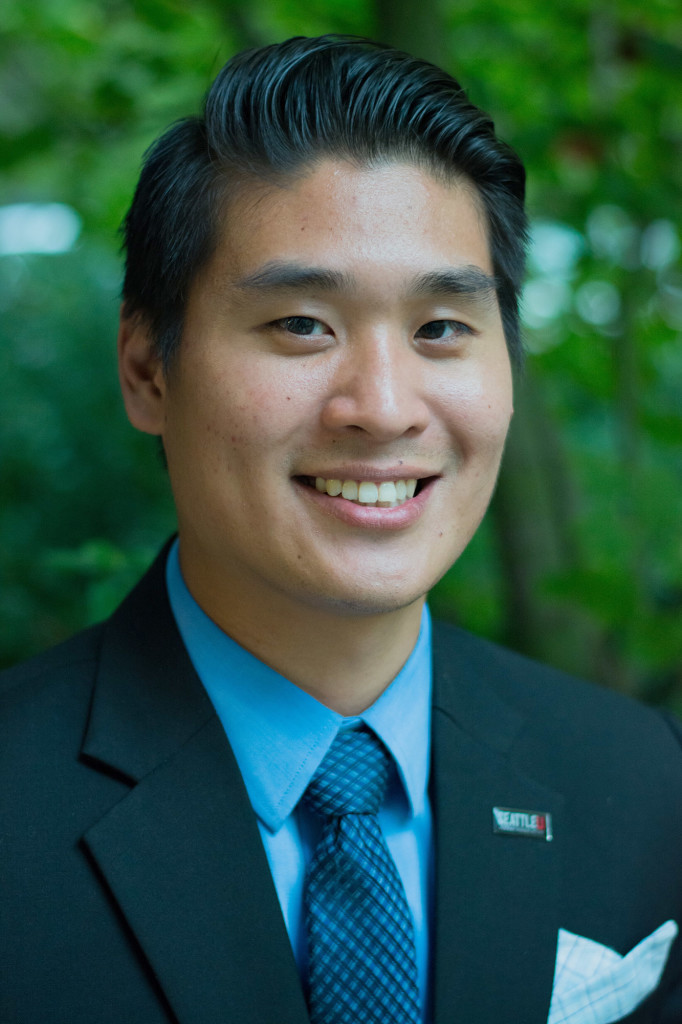When Andre Silberman began to feel nervous about graduating from college, his parents gave him a piece of advice—As long as you’re making your corner of the world a better place and you’re following your passion and the people you care about, a stable job that you love doing will
come naturally.
“This is advice that my mom has enforced in me and reiterated to me as I was getting ready to graduate and as I was shitting my pants about not being in school, not having a job, not being ready and prepared for the world,” Silberman said.
Luckily for Seattle University students, becoming financially stable soon after graduating is not an unreasonable goal. According to the U.S. Department of Education’s new College Scorecard, Seattle University graduates earn the highest median salary 10 years after entering school when compared to all other colleges and universities in Washington.
Susan Vosper, Assistant Vice President of the Office of Alumni Engagement and the Seattle U Alumni Association, said that 18,000 Seattle U alumni are living and working in the Seattle metro area.
“SU sits in the backyard in some of the greatest companies and nonprofits in the world,” Vosper said. “Our alumni are working in those companies. It’s not only a great place to live, it’s also a great place to work and find employment opportunities.”
Silberman graduated from Seattle U last year with a degree in International Studies. Since then, he has worked at Le Panier, a bakery located on the corner of Pike and Stewart St., across the street from Pike’s Place. He is living with two other recent Seattle U graduates, Connor McQueen and Zac Downey. When he can, Silberman comes to practice with the Seattle U club soccer teams—both men’s and co-ed—so he can stay in touch with people important to him. He said his experience at Seattle U is what made it possible for him to stay in the city after graduation.
“SU built me my community, my Seattle family that I have here, and that’s been an incredibly valuable asset to me,” Silberman said. “I think if I hadn’t found that community here, I would’ve looked to move back to the east coast.”
The hardest part of being a working adult, Silberman said, is finding time to spend with friends and people important to him. College provided him with a natural environment where he could spend time with people he cared about on a daily basis. He didn’t have to plan to see them because he would just bump into them on his way to class.
“You have this assumption,” Dre said. “That everybody you know, everyone you care about, is just going to stay here and you’re going to be able to continue to live the life that you’ve enjoyed with those people.”
Thaddeus Teo, another graduate of Seattle U, felt the same way when the time came for him to leave the school. The urge to stay connected with his alma mater led Teo to look for employment opportunities at Seattle U. After spending two years in the Student Development Administration Program in the College of Education, Teo knew that he wanted to be involved with higher education.
“It was really about care for the community,” Teo said, speaking of his education at Seattle U. “Even after you graduate, you’re going to hold that with you. You’re going to look at society and life in a more caring way. You’re going to care about what’s going on beyond your job, beyond your personal life.”
Teo is a member of the Bridge of Young Alumni Board, a branch of the Seattle University Alumni Association that tries to help young alums stay engaged with the university, meet people and remain a part of the the university community ever after they graduate. In the future, Teo says, the board is looking to create programs that allow alums to come back on campus and help current students prepare for their transition
out of college.
“There are very few people that know what they want,” Teo sad. “Don’t feel pressured to have things figured out by the time you graduate. If you stick to your gut, continue to maintain a circle of peer support, friends that really support you, it’s all going to work out.”
The indecision about which way to go, which fork in the road to take, plagues the minds of all college students. Building a network while you’re a student, Vosper said, is the best to prepare for when you’re not. Don’t wait until spring quarter of your senior year, she said.
“You’re a student for a short period of time, but you’re an alum for a lifetime.”
Nick may be reached at nturner@su-spectator.com










